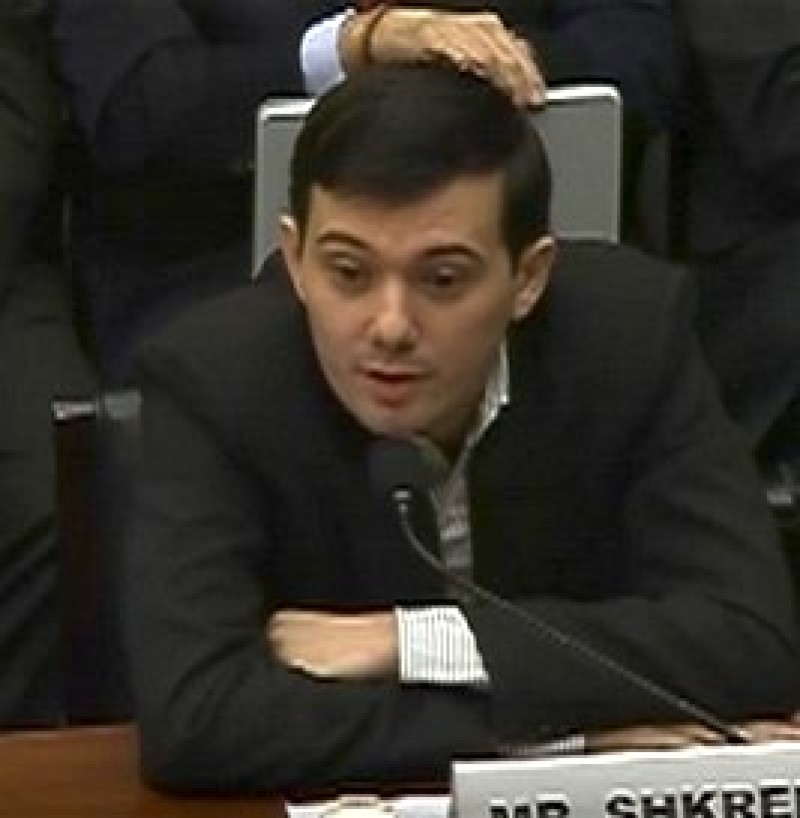The New York State Attorney General and the Federal Trade Commission filed the suit together, releasing a new set of allegations against Shkreli, who already is serving a seven-year sentence in federal prison for felony convictions related to defrauding investors in his drug firm.
According to prosecutors, Shkreli, who was the CEO of Turing Pharmaceuticals, now Vyera Pharmaceuticals, acquired the rights to the drug Daraprim and executed a “multi-part scheme” to ensure that it could not be manufactured into less expensive generic alternatives.
Daraprim is used to treat the potentially fatal parasitic infection toxoplasmosis that HIV/AIDS, cancer patients, and organ transplants recipients not uncommonly suffer.
The drug had been affordably priced for over 60 years until Shkreli’s pharmaceutical company acquired it and raised the price almost immediately, according to the unsealed lawsuit.
When asked at the 2015 Forbes Healthcare Summit in New York if he had any regrets about how the scandal had unfolded at the time, Shkreli responded, “I probably would have raised the price higher… I could have raised it higher and made more profits, which is my primary duty.”
According to the lawsuit, Shkreli even in prison and as recently as last August, talked with executives at his company about pursuing ways to stave off competition. He instructed associates to screen every doctor to ensure that none of them sold more than one bottle at a time.
This, he said, would prevent another company trying to develop a generic form of the drug from gaining access to it. Shkreli told executives that without a generic competitor, Daraprim represented a “$600 million asset… in perpetuity.”
Shkreli’s high-profile lawyer is Benjamin Brafman, who has defended the likes of Michael Jackson, Dominique Strauss Kahn, former head of the International Monetary Fund, and movie mogul Harvey Weinstein.
“Mr. Shkreli looks forward to defeating this baseless and unprecedented attempt by the FTC to sue an individual for monopolizing a market,” Brafman said in a public statement.
“Patients who need Daraprim to survive have been denied the opportunity to purchase a lower-cost generic version, forcing them and other purchasers to pay tens of millions of dollars a year more for this life-saving medication.” The complaint says.
On Vyera’s website, it is stated that the company funds a patient assistance program that applies to uninsured patients with incomes at or below 500 percent of the federal poverty level, but also notes that this program is subject to terms and conditions, and that the offer is subject to change or discontinuance without notice.






